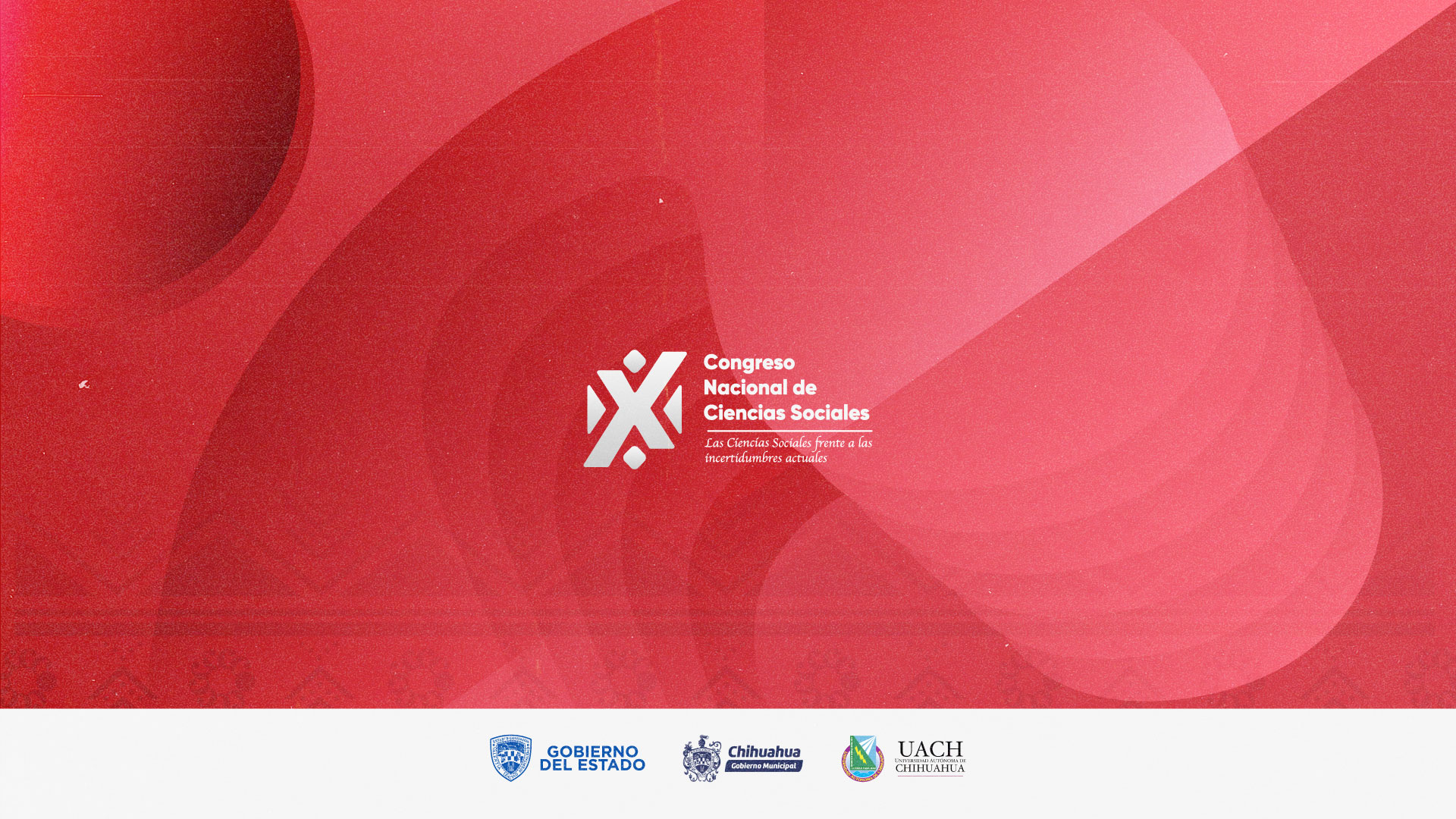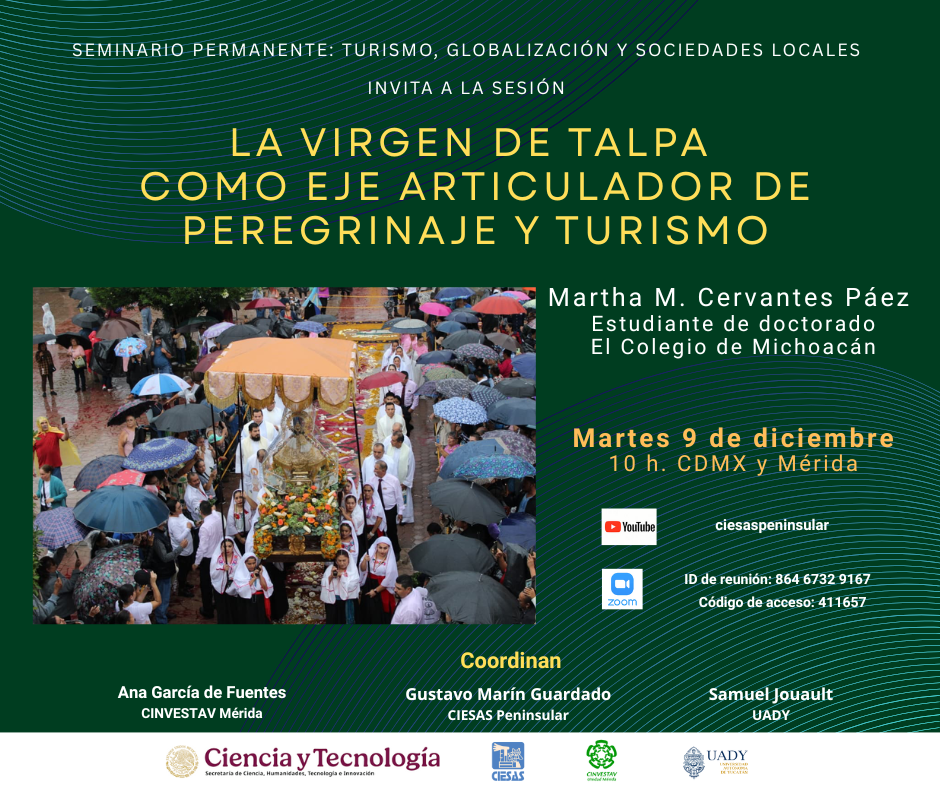Legal Mobilization by the Right against Rights
Call for Submissions Law and Society Review
Special Issue on Legal Mobilization by the Right against Rights
In the past few decades, powerful right-wing collective action has grown around the world. It includes right against rights mobilizations, that is collective extra-institutional and institutional mobilizations to check, roll back, or reverse rights promoted by previously marginalized groups and communities and to restore, promote, or advance a status quo ante of traditional political, social, economic, and cultural rights. These mobilizations have rolled back rights advances by historically marginalized groups, particularly migrants, LGBT+ and BIPOC (Black, Indigenous and People of Color) communities, and women. Endangered rights include reproductive rights, environmental protections, freedom from discrimination, asylum, and other human rights. In doing so they use tactics to erode democracy. These include: claims of electoral fraud in legislative and judicial bodies; mobilizing to support the appointment of conservative high court and lower court judges; legal defense of violent political attacks (e.g., in the US and Brazilian capitals); legal backlash campaigns against rights-seeking groups, and scientific information in areas such as (pandemic) public health and climate change. The scholarly literature on legal mobilization, however, has disproportionately addressed progressive collective action, paying insufficient attention to the success of right-wing legal mobilization in blocking change.
The Special Issue seeks to bring together innovative research on the legal mobilization of the right against rights. In other words, it studies how those mobilizations articulate right-wing aspirations and grievances into legal rights claims. While most legal mobilization seeks social transformation, the right against rights strategically uses it to block or reverse the “rights revolution” that has benefited historically marginalized groups.
To be considered, the work must engage with theory, offer empirical analysis, and make clear contributions to social movements and socio-legal studies. Possible topics include, but are not limited to:
- Areas of legal mobilization
- International bodies
- Transnational advocacy networks
- Cause lawyering and strategic litigation
- Conservative and religious litigation
- Mobilization in constitutional processes
- Uncivil and violent legal mobilization
Fields of backlash and anti-rights mobilization
- Gender and reproductive rights
- Protection of migrants and refugees
- BIPOC’s rights
- Environment and climate change
- Pandemic and healthcare policies
Author Guidelines
Manuscripts submitted to the Law & Society Review must not be under consideration by another publication. All manuscripts should include the following content, easily identifiable as such by readers:
- A literature review section that situates the research question in a broader socio-legal literature.
- A data and methods section that describes the data used to answer the research question.
- A results section that presents and discusses all research findings.
Law & Society Review will consider submissions between 8,000 and 14,000 words in length, inclusive of tables, figures, references, notes, abstract and title. The editor reserves the right to reject without review manuscripts that are longer than 14,000 words or shorter than 8,000 words.
Submission Process for the Special Issue
If you are interested in participating, please email an abstract (250-300 words) and working title to lsr@lawandsociety.org and special editors Leigh Payne (leigh.payne@sant.ox.ac.uk), Simón Escoffier (sescoffier@uc.cl), and Gabriel Pereira (gabriel.pereira@derecho.unt.edu.ar) by 26 June 2023. The special editors plan to select the slate of articles for this issue of Law and Society Review by 08 July 2023. A full draft of the article will need to be submitted to Law and Society Review by 8 October 2023.
All manuscripts submitted for the Special Issue will undergo double-blind peer review.
- Prepare your article in accordance with Law & Society Review’s Author Guidelines and most recently updated Stylesheet (https://onlinelibrary.wiley.com/page/journal/15405893/homepage/ForAuthors.html).
- Submit your article as regular submission to Law & Society Review through ScholarOne: https://mc.manuscriptcentral.com/lsr. During the submission process, select the option to indicate that the article is part of a special issue.
- As soon as your article has been submitted through ScholarOne, email the Guest Editors, Leigh Payne (payne@sant.ox.ac.uk), Simón Escoffier (sescoffier@uc.cl), and Gabriel Pereira (gabriel.pereira@derecho.unt.edu.ar) to inform them of your submission. Your email should contain the subject line: “LSR Special Issue Submission.” Indicate in your email the article title, the submission date, and the assigned manuscript number.
Peer review is a time-consuming process. Very few papers eventually published in the Review are accepted without revision, so authors should expect to engage in revisions in response to reviewer comments. Selected articles that have successfully undergone the peer review process will appear in print in early 2025 (Volume 49).
Te puede interesar

Convocatoria para presentación de libros
Laura Gutiérrez - Dic 10, 2025FERIA DEL LIBRO X CONGRESO NACIONAL DE CIENCIAS SOCIALES “Las Ciencias Sociales frente a las incertidumbres actuales” INVITACIÓN PRESENTACIÓN DE…

Convocatoria Feria del libro
Laura Gutiérrez - Dic 03, 2025FERIA DEL LIBRO X CONGRESO NACIONAL DE CIENCIAS SOCIALES “Las Ciencias Sociales frente a las incertidumbres actuales” INVITACIÓN Información general…

Memorias del IX Congreso Nacional de Ciencias Sociales
Roberto Holguín Carrillo - Jul 02, 2025IX Congreso Nacional de Ciencias Sociales Las ciencias sociales y los retos para la democracia mexicana. Realizado en el Instituto…

Ichan Tecolotl, núm. 398
Laura Gutiérrez - Dic 10, 2025Ichan Tecolotl Año 36, Número 398 (agosto 2025) Voces de la disidencia. Movimientos sociales y música disruptiva en México Ver…

Curso Introducción al video etnográfico
Laura Gutiérrez - Dic 10, 2025Curso Introducción al video etnográfico 1. Objetivo Familiarizar a estudiantes o profesionales de la antropología y disciplinas afines con herramientas…










